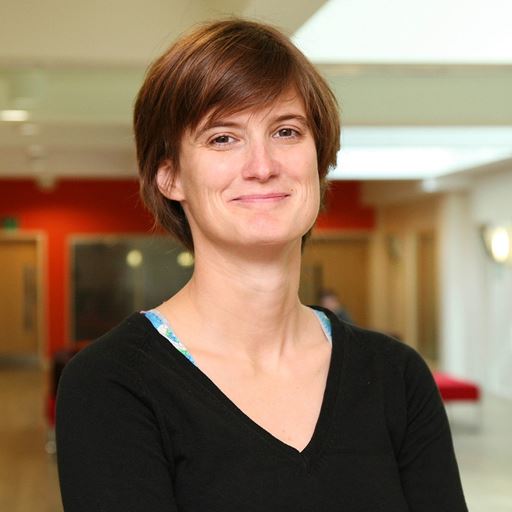Now, thanks to funding from the ERC, Professor Friederike Mengel, from our Department of Economics, is to investigate the role of social networks and groups in shaping people’s beliefs, the importance of conversation and what can be done to promote a fairer society.
Factors such as political leaning or a person’s experiences when growing up,can drastically change what they believe to be the truth.
As Frederike explained: “There is a substantial and persistent disagreement in society about factual issues. For example, when Americans were polled in 2006, 47% of Republicans thought Iraq had weapons of mass destruction, compared to only 9% of Democrats.
“In Britain 65% of professionals thought the ‘£350 million a week to the NHS’ claim during the Brexit campaign was wrong, while the figure for manual workers was 41%.
“One of the most worrying implications of these disagreements is that policy makers, who stem overwhelmingly from the upper classes, will find it difficult to identify appropriate policy measures, as they have little sense of the opinions, beliefs and reality of lower-class citizens.
“Understanding how such differences in opinion can originate when people communicate in social networks or groups seems crucial to be able to address these differences effectively and to develop strategies to contain the spread of fake news and biases, such as gender bias or ethnic discrimination.”
Her study will be in four parts and will look at inequality between social classes concentrating not so much on differences in income, but more on people’s diverging experiences, behaviour and values.
She’ll investigate how opinions evolve in social networks, when ‘opinion bubbles’ arise and how they can burst.
She will also look at gender bias when decisions are made by committees, how uncertainty contributes to the spread of discriminatory attitudes and how and why ‘fake news’ can take hold.





